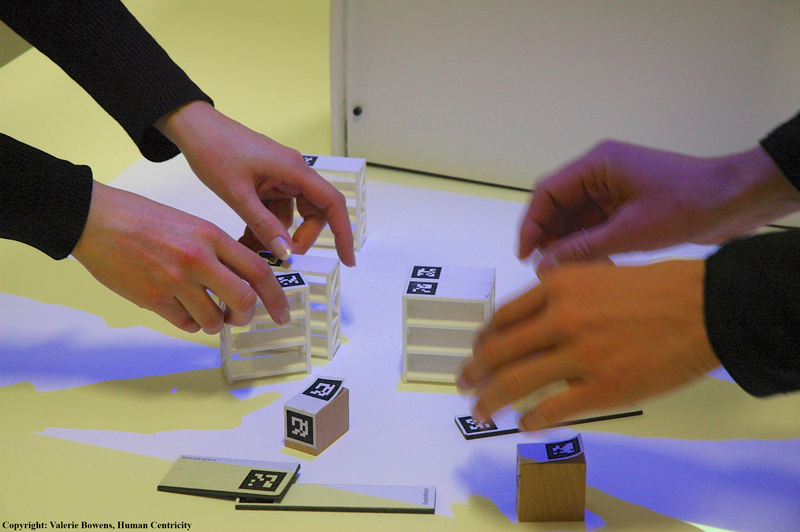Examining Developmental Dialogue: the Emergence of Transformative Agency
DOI:
https://doi.org/10.7146/ocps.v15i2.16829Keywords:
formative interventions, agency, activity theoryAbstract
The intervention method of Developmental Dialogue, originally developed by Laura Mott (1992),has been further elaborated to promote employees’ professional development and well-being. The
aim of formative interventions is to enhance the agency of participants. There is particular interest
in transformative agency, which is defined as participants’ capacity to take purposeful actions to
change their work activity. By applying six types of agency expressions, this paper examines how
transformative agency emerges in an interaction between a DD participant and the interventionist.
The agency expressions are analysed in the context of explicit and implicit intervention tools and
objects of talk. The analysis yields a new category called reframing agency which is of interest
particularly from a work-related well-being perspective. We interpret the findings with the notion
of a contradictory object within the cycle model of professional development. The case suggests
that changes in work, as interpreted by the researchers do not always fully grasp the participant’s
sense of collective work. Finally, at the end of the paper we propose ideas for further research.
Downloads
Published
2014-04-14
How to Cite
Heikkila, H., & Seppänen, L. (2014). Examining Developmental Dialogue: the Emergence of Transformative Agency. Outlines. Critical Practice Studies, 15(2), 05–30. https://doi.org/10.7146/ocps.v15i2.16829
Issue
Section
Articles
License
From issue no. 1 2022 and onward, the journal uses the CC Attribution-NonCommercial- Share Alike 4.0 license (https://creativecommons.org/licenses/by-nc-sa/4.0/) The authors retain the copyright to their articles.
The articles published in the previous 37 issues (From Vol. 1, no. 1, 1999 to Vol. 22, No. 1, 2021, are published according to Danish Copyright legislation. This implies that readers can download, read, and link to the articles, but they cannot republish these articles. The journal retain the copyright of these articles. Authors can upload them in their institutional repositories as a part of a green open access policy.




